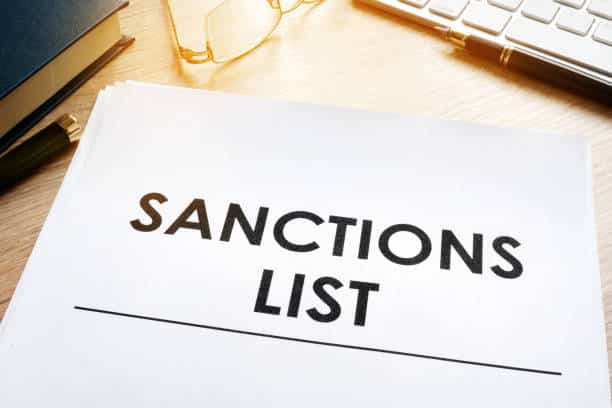Web3 platform WalletConnect, known for connecting cryptocurrency wallets, has recently made the decision to restrict its services in Russia due to the latest U.S. Guidelines. This decision follows the announcement made by the U.S. Treasury’s Office of Foreign Assets Control (OFAC), which unveiled sanctions in Russia and certain parts of Ukraine, effective from October 30.
In a post on Twitter, WalletConnect stated, “In light of the latest legal and OFAC guidance, WalletConnect has restricted the availability of the WalletConnect Protocol in Russia.” It should be noted that this restriction only applies to Russia and not to other countries.
WalletConnect CEO Pedro Gomes further clarified the situation in a note to users, stating that services have not been blocked in any other countries. However, the decision to temporarily restrict Ukraine IP addresses has been made to ensure compliance with the sanctions. WalletConnect aims to switch back on areas of Ukraine that are not impacted by the sanctions once it can do so compliantly.
WalletConnect is an open-source Web3 standard that serves as a bridge between blockchain wallets and decentralized applications (dapps). As the cryptocurrency industry navigates through global regulatory ambiguity, platforms like WalletConnect face challenging decisions. The recent move to restrict services in U.S.-sanctioned nations highlights the importance of adhering to international guidelines.
The OFAC released crypto-specific guidance on navigating U.S. sanctions in October 2021. Crypto operators are expected to bear the same responsibility as other financial institutions when it comes to avoiding sanctions violations. The guideline emphasizes that U.S. persons, including members of the virtual currency industry, are responsible for not engaging in unauthorized transactions or dealings with sanctioned persons or jurisdictions.
Amid geopolitical tensions in Russia and the Middle East, U.S. sanctions have led to increased scrutiny of crypto gateways to these regions. Notably, leading crypto asset service providers like Coinbase and Binance have blocked the wallets of Russian individuals due to U.S. sanctions.
















